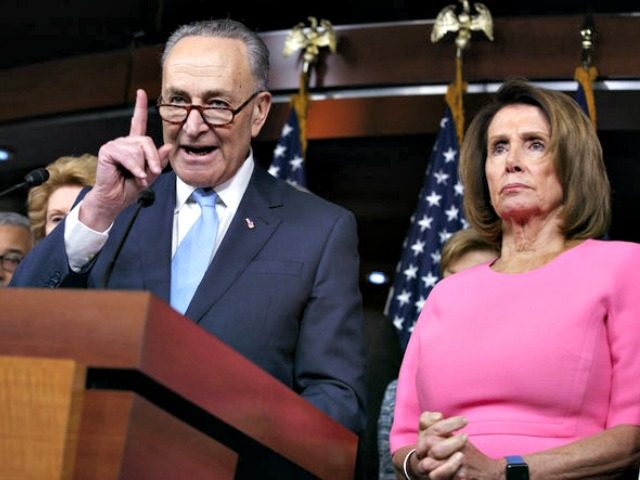By: Andrew Roberts
On Wednesday night, the Chapel on North Campus was packed with political enthusiasts eager to hear the Young Democrats and the College Republicans fight it out for the first time on stage. Hosted by the Georgia Political Review, Non-Partisans for Progress, the Roosevelt Institute, and the Honors Program Student Council, the event involved three members from each party’s organization as well as three moderators from the host organizations. The debate, which lasted a little over an hour, included questions from the moderators on a variety of issues as well as a handful of questions from the audience. The purpose of “The Great Debate” was to “discuss the current issues in the political arena and our government system as a whole.”
The debate started off with questions about the economy. For the audience, it was a slow start with talking points that are repeated ad infinitum by pundits and politicians, such as the Republican pledge not to raise taxes and Democrat’s argument that everyone should “pay their fair share.” As the topics shifted from the economy to foreign policy, things started to pick up. Both parties seemed to agree that diplomacy was necessary to produce a peaceful society and that military actions depended on the situation. One of the College Republicans then tore into the Young Democrats, stating that the sanctions against Iran under the Obama administration had been weak and ineffective. The Young Democrats stuck to their guns and held that a policy involving sanctions and diplomacy is the best course of action, but, of course, will not work in every situation.
The Great Debate continued to touch on topics such as the National Defense Authorization Act and energy production, but the point when both the crowd and the speakers lit up the most was when the discussion moved to social issues. The first question asked about the role of religion in government. Citing the First Amendment to the Constitution, the Young Democrats responded that both morals and religion exist, and while the former has a role, the latter does not. The College Republicans replied by saying that morals and religion are intertwined, but do not necessarily need to be written into law. Both parties received applause for their arguments.
On the issue of women’s rights, the Young Democrats stated that the government should protect women’s rights and that the decision to have an abortion or use contraception does not belong to the government. The College Republicans disagreed, stating that federal funding for contraception should end and that the issue of abortion should be handed to the states.
Arguably the most heated moment of the debate was on the issue of gay marriage. The Young Democrats clearly expressed their support for gay marriage and listed a number of gay-rights bills that few, if any, Republicans supported. Republicans argued that marriage is religiously based and if gays want the same legal rights, civil unions should suffice. One of the moderators quickly pounced on that statement, asking if this was a continuation of the “separate but equal” doctrine, to which the audience responded with an uproar of applause.
Once during the debate, the speakers had to be reminded that they were representing their parties, not themselves. And yet multiple times throughout the debate, notably twice from the College Republicans, speakers let the audience know they did not agree with all points of their party’s platform. When asked about the rationalization of voter-ID laws, one of the College Republicans stated that she did not agree with the GOP’s stance on the issue. Then, when asked about Romney’s 47 percent comment, another College Republican stated that people misspeak sometimes. These examples showed the audience that the beliefs of a party do not always line up with those of an individual.
One of the interesting points of the debate was how often the speakers answered the questions with, “We agree, but…” Both parties agreed on issues such as sanctions, political attitude towards China, and the need for case-by-case judgment concerning military action. One audience member even asked, “What do you not agree on?” Both sides took this opportunity to list numerous things that they believed they had correct and that the other party did not. They also, however, made it very clear to the audience that if they were to take away one thing from the debate, it is that they do not agree on much. Although sticking to party lines was important to both sides, it was clear that each party also looked to connect with and agree with their friends across the stage.
This forum between the College Republicans and the Young Democrats was not only refreshing to see on campus, but also in our society at large. Unfortunately, current politics lack the civility and conversation that was present at the Great Debate. Although leaders in Washington and in state capitols often do not see the need for communication and actual discussion such as what occurred in the UGA Chapel, the Great Debate provided hope. As one of the speakers mentioned before the debate closed, the importance of the event was to show that even if there are areas in which they disagree, they found some common ground, and at the very least they were able to have a civil discussion about the tough issues.
Georgia Political Review enjoyed the opportunity to participate in this exciting event. To see all of the tweets from The Great Debate or to read the daily blog, follow @GAPolitical and make sure to like us on Facebook at facebook.com/GAPoliticalReview.

